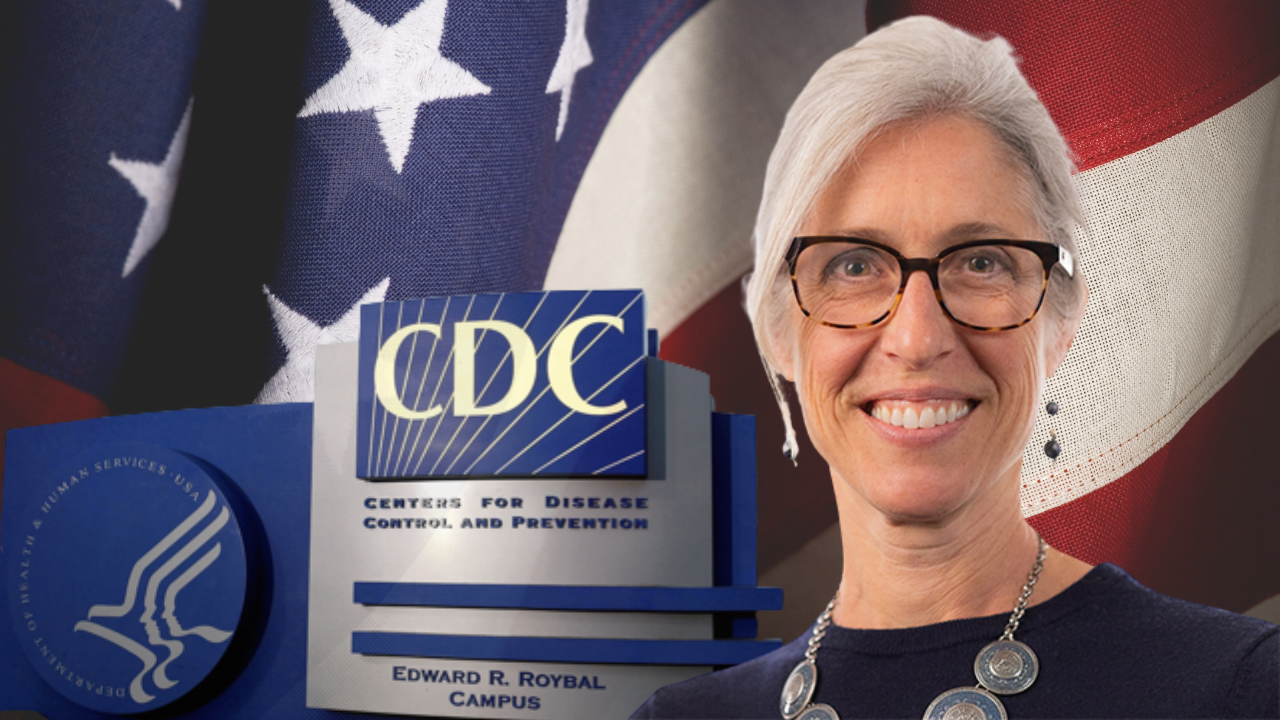'RFK Is Weaponizing Public Health': White House Sacks US CDC Director Susan Monarez Amid Vaccine Cuts

(Credit-2024 World Medical Innovation forum/CDC)
SummaryAmid speculations of vaccine bans and the White house’s decision to fire the director of CDC has surfaced. This decision has caused a lot of speculations and backlash as people try to understand the reasons and how it can affect them.
End of Article
